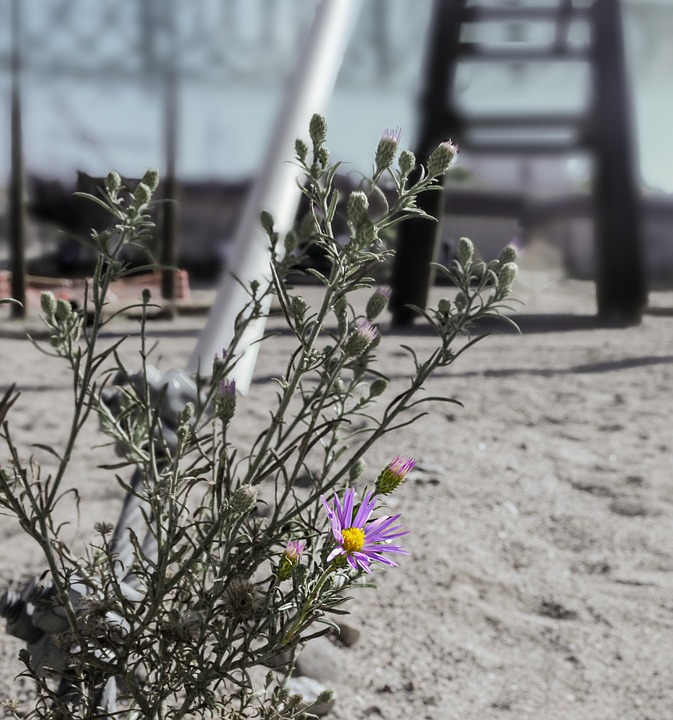16.06.17
How to be more resilient and increase your wellbeing

Early in my career, a question I was often asked by clients was ‘how can we build the resilience of our people?’. And if I’m honest, I didn’t truly know the answer.
I am exceptionally lucky and fortunate to work with lots of different people and organisations, across a range of industries and counties. Due to the context of work I do, people will openly share examples of the day-to-day stresses and challenges they face, both at work and personally, and how they deal with adversities and failures.
It’s true that there are some people who are by their very nature more tolerant to stress and ‘bounce back’ more easily. However, listening to these stories over many years, and drawing upon my own experiences, it became quite clear that resilience can be learned. Now the question I had to answer was ‘how?’.
My conclusion is that there is no exact formula or winning algorithm that clearly defines how to be more resilient. Rather, I see it as a combination of many things -‘one size does not fit all’ – with us drawing upon different resources depending on the challenges we face. Martin Seligman’s PERMA model gives us a great framework for these – in its own way, each element supports and enables more resilient behaviour. By building awareness and resources to support ‘Positive emotions’, ‘Engagement’, ‘positive Relationships’, ‘Meaning’ and ‘Achievement’ – and learning to maximise each element – we can ‘lead’ ourselves better through times of stress. And these elements work in conjunction with, and build upon each other too – positive emotions help us build relationships, which enable us to be more resilient, which in turn help us experience more positive emotions, and be more resilient, and so on.
As an example, let’s focus on positive emotions (the ‘P’ in ‘PERMA’). Knowing and understanding our emotions, and being aware of how we are feeling and why, means we can recognise when we are experiencing more negative than positive emotions. Negative emotions create a downward spiral that narrows our capacity to learn, problem solve and make decisions. So, making decisions when we are feeling down and despondent can diminish our ability to think creatively and find the right solution when we need it most. Further to this, an interesting piece of research I read recently showed how resilient individuals not only cultivate positive emotions in themselves, but they are also more skilled in eliciting positive emotions in others (Tugade et al., 2013). This in turn helps build a supportive network that aids the coping process.
One thing that is certain is that the world is ever-changing and in a constant state of ebb and flow as we all strive to maintain competitive advantage. Speaking with clients, this is very much a reality and a challenge in today’s modern working world. The consequence, however, is often stressed team members who are disengaged and unhappy. The context is unlikely to change in fact, it’s likely the world of work will become increasingly more dynamic. So, what’s the solution?
Current approaches often target the symptoms, for example offering Employee Assistance Programmes (EAP) or gym memberships. Yet this will not target the cause or solve the issue long-term. We need to be more strategic and preventative, empowering our people through their own and others’ learning and growth so we have the skills needed to be resilient. The world is dynamic and ever-changing, but by building our resilience we can enjoy the ride and be confident in knowing you have the self-awareness and personal resources to weather any storm.
Bailey & French are a team passionate about creating the simple, positive platforms and practical tools that support people to clarify what they truly want to achieve and then do it. We know everyone is busy at work so make sure our interventions are easy to apply, high impact and often self-facilitating. If you are interested in finding out more about how we work with individuals, teams and whole organisations to be more engaged, successful and positive, we’d love to hear from you.
This article on ‘Resilience’ is one of a sequence based on Martin Seligman’s PERMA model of wellbeing. Click on the following links for previous articles, on ‘Positive Emotions‘, ‘Engagement’, ‘Relationship’, ‘Meaning’ and ‘Achievement’.
Grace Walsh
References:
M. Tugade, B. L. Fredrickson and L.F. Barrett (2013). Psychological Resilience and Positive Emotional Granularity: Examining the Benefits of Positive Emotions and Coping and Health
Carver, C. S., & Scheier, M. F. (2002a). Optimism. In C. R. Snyder & S. J. Lopez (Eds.). Handbook of positive psychology (pp. 231-243). London: Oxford University Press.
Kumpfer, K. L. (1999). Factors and processes contributing to resilience: The resilience framework. In M. D. Glantz & J. L. Johnson (Eds.). Resilience and development: Positive life adaptations (pp. 179-222). New York: Kluwer Academic/Plenum Publishers